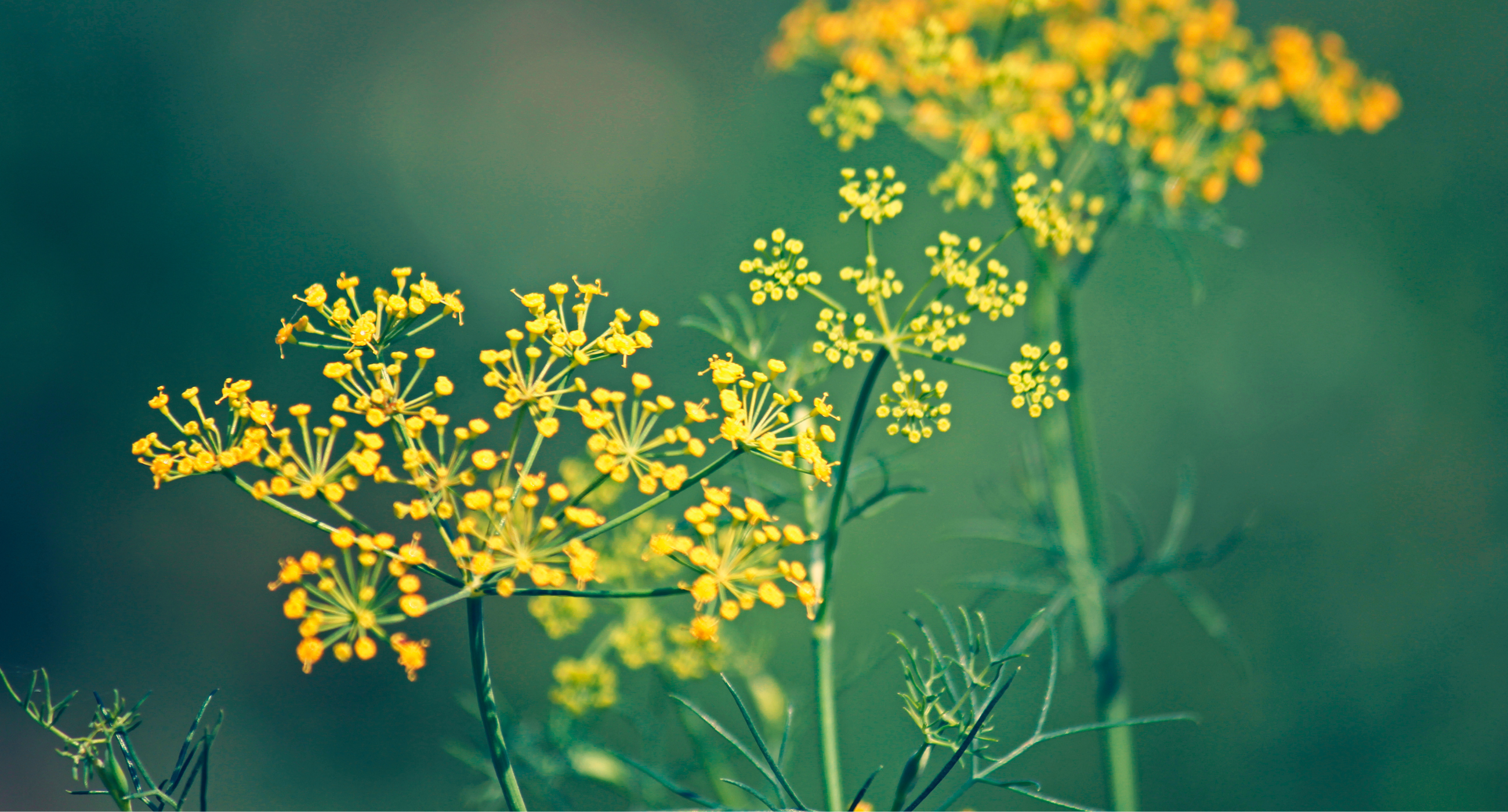
Fennel
Scientific Name: Foeniculum vulgare
Herbal Profile: Fennel (Foeniculum vulgare)
Description:
Fennel is a perennial herb belonging to the carrot family, native to the Mediterranean region. It is known for its aromatic seeds and feathery leaves, which are widely used in culinary and medicinal applications.
Botanical Characteristics:
- Family: Apiaceae (Umbelliferae)
- Genus: Foeniculum
- Species: Foeniculum vulgare
- Common Names: Fennel, Sweet Fennel, Florence Fennel, Finocchio
- Part Used: Seeds, leaves, bulb
Active Constituents:
- Essential Oils: Anethole, fenchone, estragole
- Flavonoids: Quercetin, kaempferol
- Vitamins and Minerals: Vitamin C, potassium, calcium, magnesium
Medicinal Properties:
- Carminative: Relieves flatulence and digestive discomfort
- Antispasmodic: Eases muscle spasms, including those of the digestive tract
- Anti-inflammatory: Reduces inflammation
- Antimicrobial: Fights bacteria and fungi
- Galactagogue: Enhances milk production in breastfeeding women
- Diuretic: Promotes urine production and reduces water retention
- Expectorant: Helps clear mucus from the respiratory tract
Traditional Uses:
- Digestive Health: Fennel seeds are commonly chewed after meals to aid digestion and freshen breath. They are used to treat indigestion, bloating, and gas.
- Respiratory Health: Fennel tea is used to relieve coughs and bronchitis.
- Women's Health: Fennel is used to alleviate menstrual cramps and to increase milk production in nursing mothers.
- Eye Health: Fennel seed extracts are used in eyewashes to soothe irritation and inflammation.
- Culinary Uses: Fennel bulbs, seeds, and leaves are used in a variety of dishes for their sweet, anise-like flavor.
Preparation and Dosage:
- Tea: Steep 1-2 teaspoons of crushed fennel seeds in a cup of hot water for 10-15 minutes. Drink 2-3 times daily.
- Tincture: 1-2 ml of fennel seed tincture, taken 2-3 times daily.
- Powder: 1-2 grams of fennel seed powder, taken 2-3 times daily.
- Essential Oil: Use 1-2 drops diluted in carrier oil for topical application. Not recommended for internal use without professional guidance.
Safety and Precautions:
- Allergic Reactions: Rare, but possible in individuals allergic to other members of the carrot family.
- Pregnancy and Breastfeeding: Generally considered safe in culinary amounts. Medicinal doses should be used under professional supervision.
- Interactions: May interact with certain medications. Consult with a healthcare provider if you are taking prescription drugs.
Research and Studies:
- Studies have shown fennel's effectiveness in reducing symptoms of colic in infants.
- Research indicates potential benefits in treating menstrual pain and symptoms of menopause.
- Preliminary studies suggest antioxidant and antimicrobial properties.
Conclusion:
Fennel is a versatile herb with a long history of use in traditional medicine. Its carminative, antispasmodic, and antimicrobial properties make it a valuable remedy for digestive and respiratory ailments, among other uses. As with any herbal remedy, it is important to use fennel appropriately and consult with a healthcare professional when necessary.
